
The Pentagon Is Helping Bring the Baby Nuke Industry to Life
The next generation of nuclear reactors is being designed to fit into a standard shipping container and be
2023-05-22 18:45

Use These Two Guns in the Modern Warfare 3 Multiplayer Beta
The best assault rifle and SMG to use during the Call of Duty: Modern Warfare 3 multiplayer beta weekends.
2023-10-07 04:15
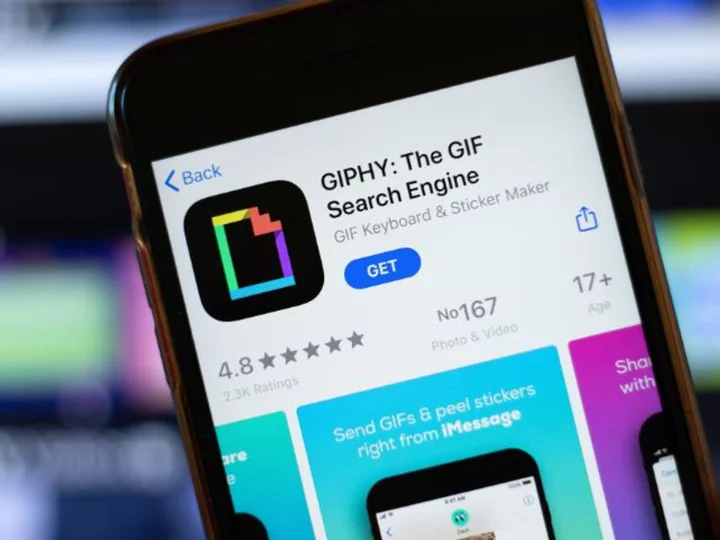
Meta sells Giphy at a significant loss after UK breakup order
Stock-photo website Shutterstock on Tuesday said it will acquire Giphy and its online repository of animated images for $53 million, after UK antitrust regulators forced Meta to spin off the company last year.
2023-05-23 23:15
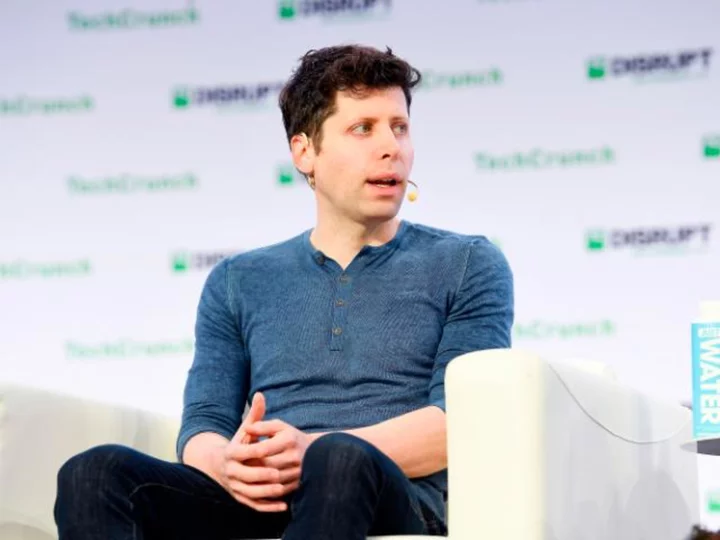
The man behind ChatGPT is about to have his moment on Capitol Hill
For a few months in 2017, there were rumors that Sam Altman was planning to run for governor of California. Instead, he kept his day job as one of Silicon Valley's most influential investors and entrepreneurs.
2023-05-16 01:45

This 14-course coding education bundle is on sale for $40
TL;DR: As of August 15, get this Premium Learn to Code Certification Bundle for only
2023-08-15 17:48

Energy Vault Announces Commencement of Commissioning of World’s First EVx™ Gravity Energy Storage System
LUGANO, Switzerland & WESTLAKE VILLAGE, Calif.--(BUSINESS WIRE)--Aug 1, 2023--
2023-08-01 20:47
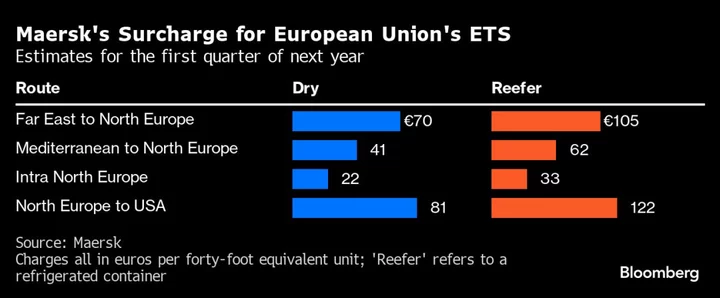
Global Shipping’s $3.6 Billion Carbon Bill Is Six Weeks Away
Ships sailing to European ports face a combined carbon emissions bill of $3.6 billion next year, the start
2023-11-21 20:49
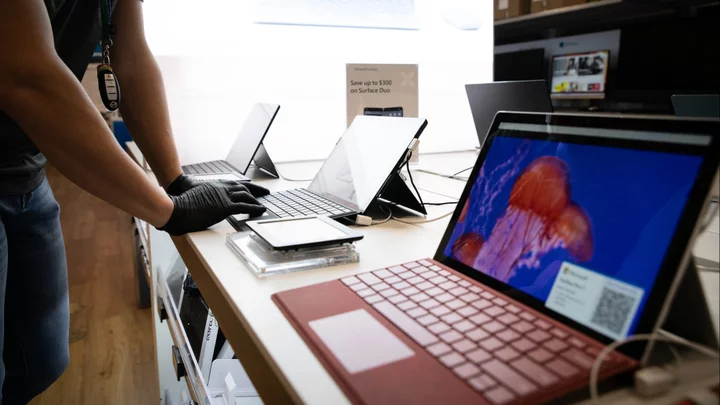
Time to Buy? PC Prices Fall Amid Decreasing Demand
After experiencing a pandemic sales boom, the PC market is facing tough times due to
2023-06-15 00:54

Avanci Aftermarket Signs License Agreement With Electronic Toll Collection Leader Axxès
DUBLIN--(BUSINESS WIRE)--Jul 20, 2023--
2023-07-20 20:15

OPEC Boosts Oil Demand Forecast to 2045 Despite Climate Crisis
OPEC raised forecasts for global oil demand through to the middle of the century, even as the world
2023-10-09 16:53
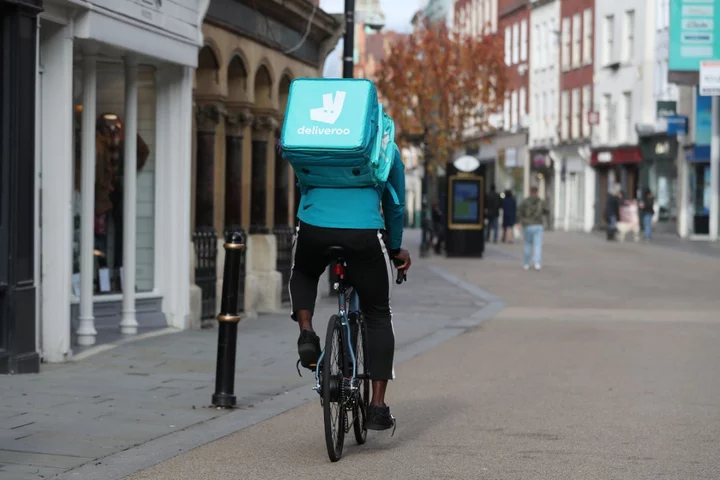
Revealed: The delivery apps charging you double for your food shop
Ordering supermarket groceries via delivery apps such as Deliveroo, Just Eat or Uber Eats could cost twice the price of buying directly from the same store, according to Which? Meanwhile, Amazon is charging up to 45 per cent more for Morrisons products than if they were bought from the supermarket’s own website, the consumer group found. Which? acknowledged that ordering groceries from Deliveroo, Just Eat or Uber Eats is “undeniably convenient” and could be received in as little as 30 minutes, but warned it found “shocking” price differences across a range of products in its snapshot investigation. It compared the price of a basket of 15 popular grocery items at five major supermarkets against the cost of ordering the same basket from the same supermarket to the same postcode via a delivery app, not including delivery fees. Almost all of the items were either more expensive on the delivery apps or the same price. Ordering groceries from Deliveroo, Just Eat or Uber Eats is undeniably appealing but the cost of this convenience could be double what you'd pay if you cut out the middleman Ele Clark, Which? Which? also found that customers would pay on average 8 per cent more for Morrisons groceries via Amazon than by ordering directly from the supermarket. In one case, a 250g pack of Country Life unsalted butter cost 45 per cent more on Amazon. The rapid delivery apps also charged a premium of as much as 106 per cent in one instance. The Which? basket, which included branded goods such as Doritos crisps alongside own-label milk and ready meals, would have cost £36.63 from Iceland, but getting the same items delivered from the same Iceland store by Just Eat would have cost £50.50, not including delivery fees – a 38 per cent premium. In some individual price differences, own-brand Fairtrade bananas cost 85p at Sainsbury’s and £1.75 on the three apps, Warburtons Toastie Thick Sliced White Bread cost £1 on Iceland’s website but £2 on Just Eat and Uber Eats, while Hovis Best of Both Medium Bread cost £1.19 on the Morrisons website but £2.05 from Uber Eats. Other examples included Asda own-brand Pinot Grigio costing £7 on the supermarket’s website and £9.10 on all three apps. Which? retail spokeswoman Ele Clark said: “Ordering groceries from Deliveroo, Just Eat or Uber Eats is undeniably appealing but the cost of this convenience could be double what you’d pay if you cut out the middleman. “As well as the extra cost on your groceries, you’ll probably have a delivery fee too, so it’s worth weighing this up before ordering anything to your door.” Customers who choose to order groceries via apps like ours do so because of the convenience, speed and choice on offer from rapid delivery Uber Eats A Deliveroo spokeswoman said: “The prices for grocery items available on the Deliveroo platform are set by our grocery partners. “Deliveroo always seeks to deliver great choice, availability and value for money to our customers, and we have agreed price-matching with our grocery partners including Morrisons, Co-op, Asda and more across hundreds of items.” An Uber Eats spokeswoman said: “Everyone who partners with Uber Eats sets their own prices and we always encourage them to match the prices offered in-store. “Customers who choose to order groceries via apps like ours do so because of the convenience, speed and choice on offer from rapid delivery.” A Just Eat spokeswoman said: “At Just Eat, we want all of our customers to have a positive experience when ordering from our platform. We work with more than 75,000 partners across the UK, giving our millions of customers access to choice and convenience through a variety of local takeaway options, restaurant brands and grocery stores. “As independent businesses, any restaurant or grocer using Just Eat are in control of their menus and set the prices they charge. We continue to work closely with our partners to bring value to our customers.” Amazon said that all prices of products sold through the ‘Morrisons on Amazon’ service were set by Morrisons, and added that being able to shop for Morrisons groceries on Amazon offered customers fast delivery options and value.
2023-06-03 11:25
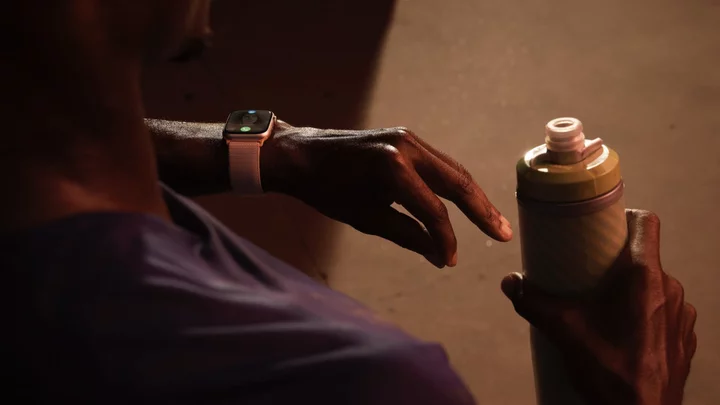
Apple Watch Series 9's Big Reveal? An Innovative Double-Tap Gesture
At Apple's Wonderlust event, the company unveiled a new Apple Watch lineup as expected. And
2023-09-13 03:46
You Might Like...

Operation to empty Yemen Safer oil tanker set to begin, UN says
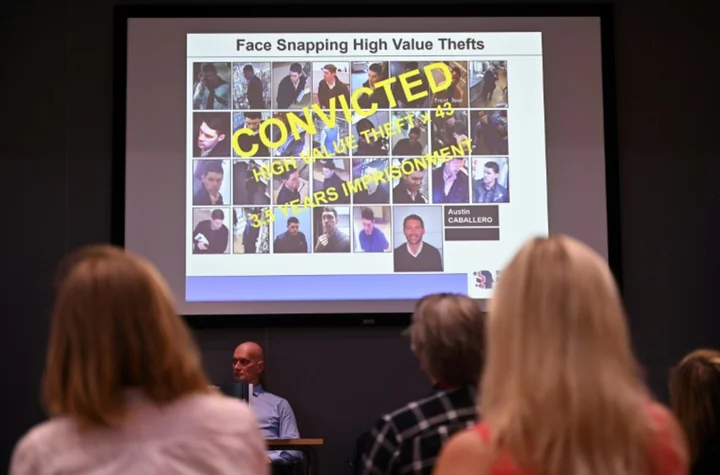
Better than AI? The UK police who never forget a face

Marshall Motif II ANC Review

How the Microsoft-Activision Deal Came Back From the Dead
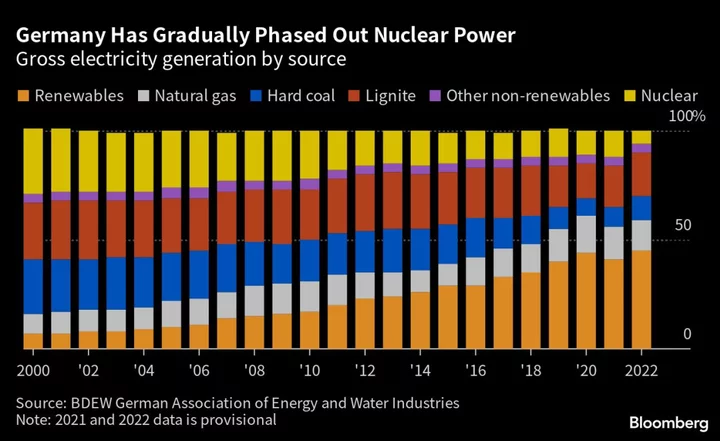
Scholz Rejects Calls for Revival of ‘Dead Horse’ Nuclear Power
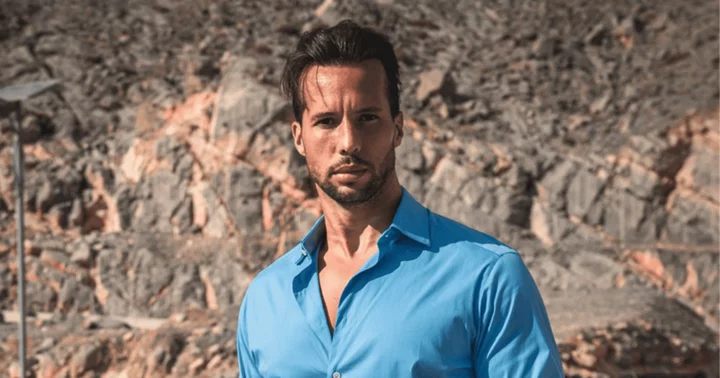
#BoycottYouTube trends on X after Tristan Tate encourages viewers to explore Rumble, fans dub it ‘healthy choice’

NBA 2K24 Season 2 MyCareer Best Jump Shot: Current and Next Gen

Why is Bella Hadid measurement trend being considered 'toxic' on TikTok?
